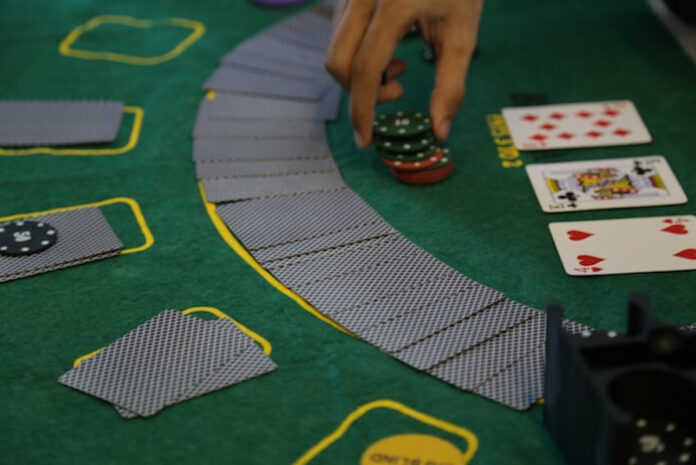The US House has passed the Senate’s version of the “Big Beautiful Bill Act” without amendments, cementing a controversial change to how gambling losses are treated for tax purposes.
The small provision changes the tax deduction cap from 100% of gambling losses up to the winnings down to 90%. While a small change on the surface, the change could have significant implications for the gambling industry.
Once President Trump signs the bill, it will go into effect at the beginning of 2026.
What’s The Change?
Under current tax law, gamblers can deduct losses up to the amount of their winnings. Professional gamblers can also deduct related expenses, such as travel and lodging, as long as those and related losses don’t exceed winnings. For example, if an individual wins $100,000 in gambling but then loses the entire amount, they don’t owe anything.
However, the Senate’s amendments to the One Big Beautiful Bill Act will limit the deductions to 90% of the gambling losses incurred. As a result, gamblers could now owe taxes even if they don’t make a profit. Significantly, they can owe taxes even if they have substantial net losses.
For example, a gambler wins $100,000 but loses $100,000. Currently, they don’t owe anything, as they can deduct all of their losses, which equal the winnings.
With the upcoming changes, in the same scenario, the gambler can only deduct $90,000 (90% of the $100,000 in losses). That results in $10,000 in taxable income.
As income from gambling is taxed at about 24%, the gambler now owes approximately $2,400 in taxes, despite making no profit.
Nevada Congresswoman Plans Repeal Effort
The day after the Senate passed the bill, US Rep. Dina Titus from Nevada said that she was “working on a legislative fix that fairly treats gaming losses in the tax code.”
As the House passed the bill without changes, Titus told Las Vegas’ Channel 13 that she wanted to offer an amendment. However, House managers refused to accept any.
She added that she plans to bring a bill to repeal the provision next week. However, Titus, a Democrat, faces an uphill battle in a Republican-controlled House.
Titus has also stated that she believes the Joint Tax Committee’s estimates of $1.1 billion in federal revenue over eight years are overstated, with Republicans seeking additional funds from anywhere to mitigate the impact of the bill’s tax cuts.
In addition, she said the provision punishes honest people who do the right thing to report their winnings. The change would drive many to offshore gambling or to lie about their winnings to avoid additional taxation.
Industry Impact: Threat to Professional Gamblers and States
Professional gamblers who stand to lose the most, as well as industry experts, have been quick to criticize the deduction cap.
Professional poker player Phil Galfond said the change “would end professional gambling.” He later clarified that while this may be an overstatement, many professionals would no longer be viable. He warned that both professional and recreational gamblers might turn to offshore platforms to avoid new tax burdens.
Captain Jack Andrews, a professional sports bettor and industry educator, called it “an existential threat” to professional gambling in the US.
Tax expert and poker player Russell Fox echoed these concerns. He noted that many in the industry were unaware of the provision and will work to reverse it.
Beyond professionals, recreational gamblers could also face unexpected tax bills, discouraging legal gambling and reducing participation. Some individuals may opt for offshore platforms to avoid taxation.
While the scale is unknown, gambling establishments and online platforms would likely feel the ripple effect. That’s due to a decrease in wagering volume, especially among high-stakes and frequent bettors, who drive liquidity.
Moreover, state governments may ultimately lose tax revenue as players gamble less or shift to unregulated options.













